Listening in: Fiona Amundsen,Tim Corballis, Emily Beausoleil
45 Laings Rd, Lower Hutt, Wellington Region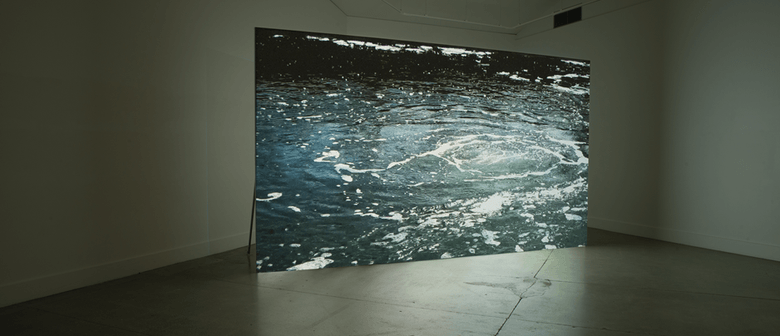
Ticket Information
- Additional fees may apply
Restrictions
Websites
Listed by
Bookings essential.
Join artists Fiona Amundsen and Tim Corballis in conversation with listening theorist Emily Beausoleil as they explore listening as a social responsibility and a methodology for connecting.
In the making of Human Hand, Fiona and Tim draw on philosophies from Māori filmmaker Barry Barclay and deep ecology theorist, Buddhist and environmental activist Joanna Macy to transform the camera – that device made for seeing – into something that could listen.
Human Hand layers the voice, written text and visual imagery to complicate the viewers experience of ‘listening’, creating a dense and complex experience which exposes differences between the word, the voice and the lens, as well as reveals their synergies.
***
This discussion is part of Human Hand: Fiona Amundsen and Tim Corballis, an exhibition seeking out ways of living in a sprawling, urbanised and militarised world. It explores three history-laden sites in Arizona, United States: Arcosanti, a 1970s experimental micro-city; Biosphere 2, a structure built to test whether humans can live in space; and the Titan Missile Museum, with the largest intercontinental ballistic missile deployed by the US Air Force. At each site, people have coped differently with the consequences of military capitalism — hoping either to build alternatives, to escape, or to live right at the heart of it.
Exhibition ends 11 October 2020.
***
Speaker bios:
Dr Emily Beausoleil (PhD Political Theory) is a political theorist, who explores the conditions, challenges, and possibilities of democratic engagement in diverse societies, with a particular focus on artistic and embodied strategies to facilitate listening in politics.
Fiona Amundsen’s practice explores how documentary photographic and filmic images can enable a connected, active and caring relationship to the ramifications of painful historical experiences that live on in the present. She is interested in establishing relationships between specific historical events, the social responsibility of witnessing, and the ethics of documentary photographic and filmic practices. She edits declassified military and government produced archival imagery with her own present-day photography and filming to investigate the potential for imagery to perform a kind of visual listening and documentary witnessing of acts of colonial imperial violence, be it historical or not. Her images enable an ethical caring based in relationships of imagining over reified visibility, and listening over cognitive knowing.
Tim Corballis’ writing deals with how political experience can be reflected in the composition of literary text. He is based in Wellington, where he works as a lecturer at the Centre for Science in Society at Victoria University of Wellington. He has published five novels as well as a substantial corpus of essays and art writing. He has received major awards and prizes for his writing, with his essay ‘Winter’ winning the Landfall Essay Competition in 2013. Corballis has been the recipient for a variety of residencies, including the 2003 Randell Cottage Writers Trust Residency, the 2005 Creative New Zealand Berlin Writer’s Residency and the 2015 Victoria University of Wellington Creative New Zealand Writer in Residence. He has turned to speculative fiction with his latest novel Our Future is in the Air (Victoria University Press, 2017).
Log in / Sign up
Continuing confirms your acceptance of our terms of service.


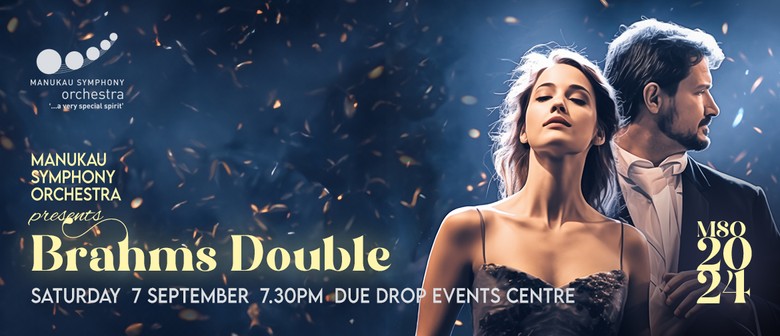
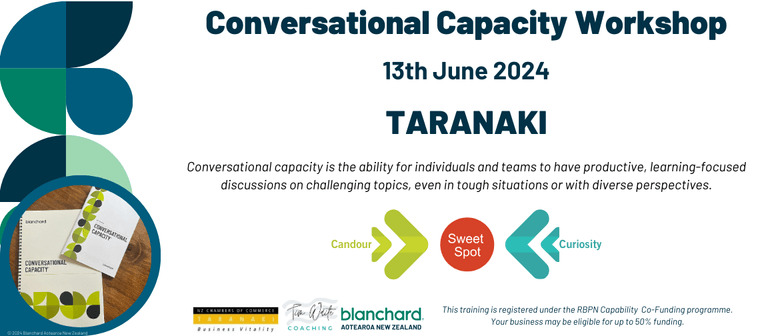
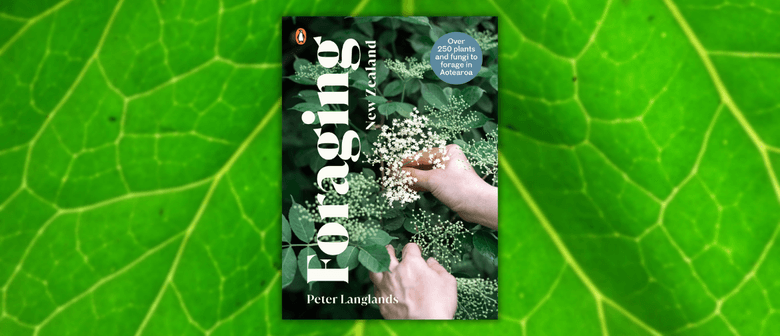
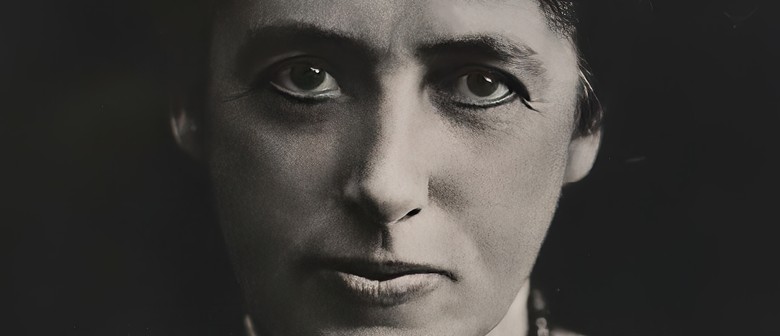
Post a comment